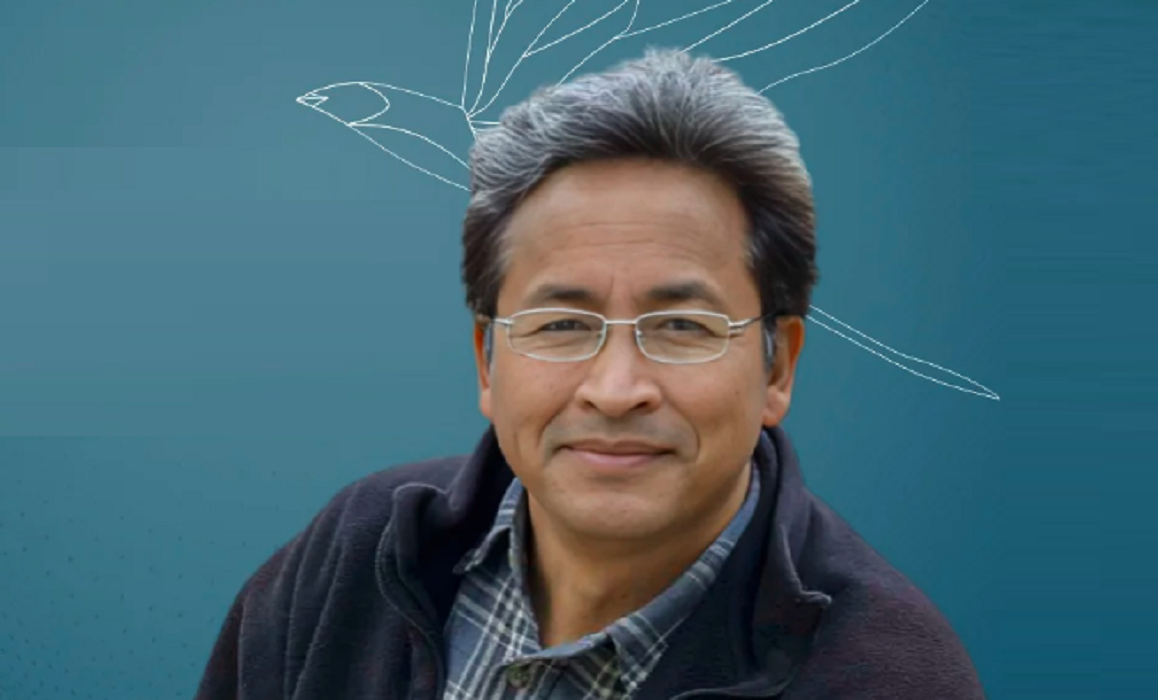Climate activist and education reformer Sonam Wangchuk has been served a detention order under the National Security Act (NSA) by the Ladakh administration, escalating tensions in the region. The development comes amid ongoing protests and rising concerns over governance and environmental issues in Ladakh.
According to officials, the order was issued citing security concerns and the need to maintain law and order. Wangchuk, known globally for his pioneering work in sustainable education and climate innovation, has been a vocal critic of certain administrative policies in the Union Territory. His detention has drawn widespread attention, with supporters questioning the necessity of invoking such a stringent law.
The NSA allows preventive detention for individuals deemed a threat to national security or public order, but its use against an activist of Wangchuk’s stature has raised eyebrows. Civil society groups and opposition leaders have expressed concern, terming the move as an attempt to stifle dissent in a region that has witnessed frequent calls for greater autonomy and protection of local rights.
Wangchuk, who rose to prominence for his role in educational reforms and sustainable technology initiatives, has also been advocating for Ladakh’s fragile ecosystem. His recent campaigns have focused on safeguarding the Himalayan environment and ensuring local communities are not sidelined in policy decisions.
Observers suggest the detention order could spark further protests in Ladakh, where demands for statehood and constitutional safeguards have been gaining momentum since the abrogation of Article 370. Many fear that silencing a prominent voice like Wangchuk’s may deepen mistrust between residents and the administration.
While officials maintain that the order is a preventive measure in the interest of peace and security, legal experts and rights activists have called for transparency and due process in the case. The situation is still evolving, and it remains to be seen how the administration and the Union government respond to the growing criticism.




